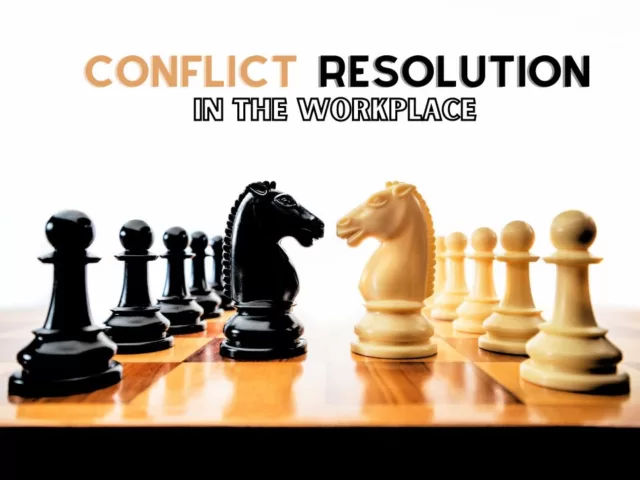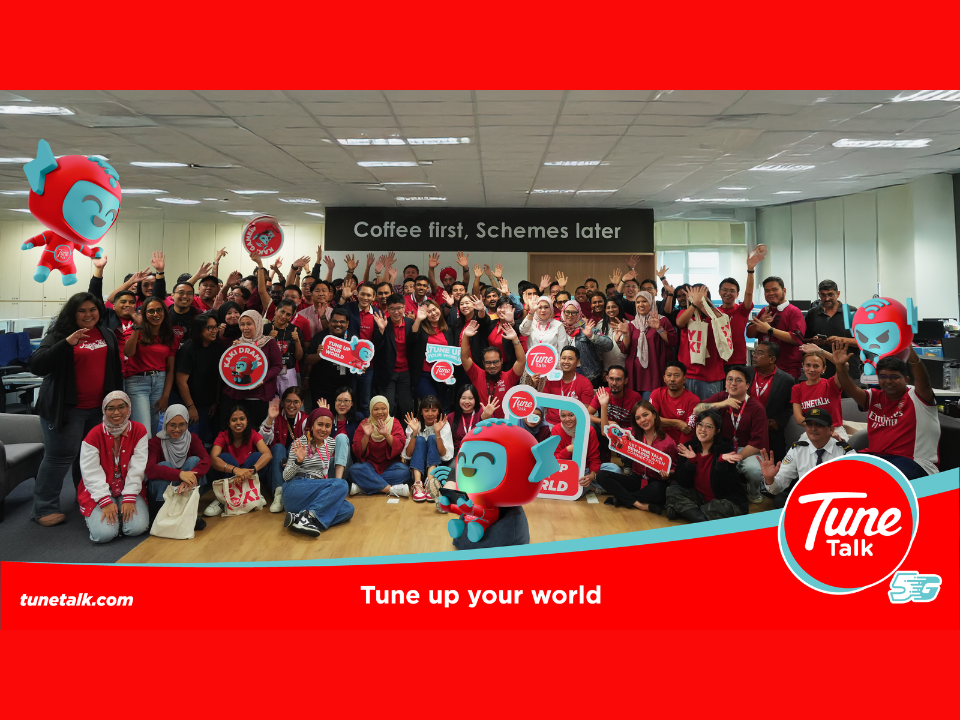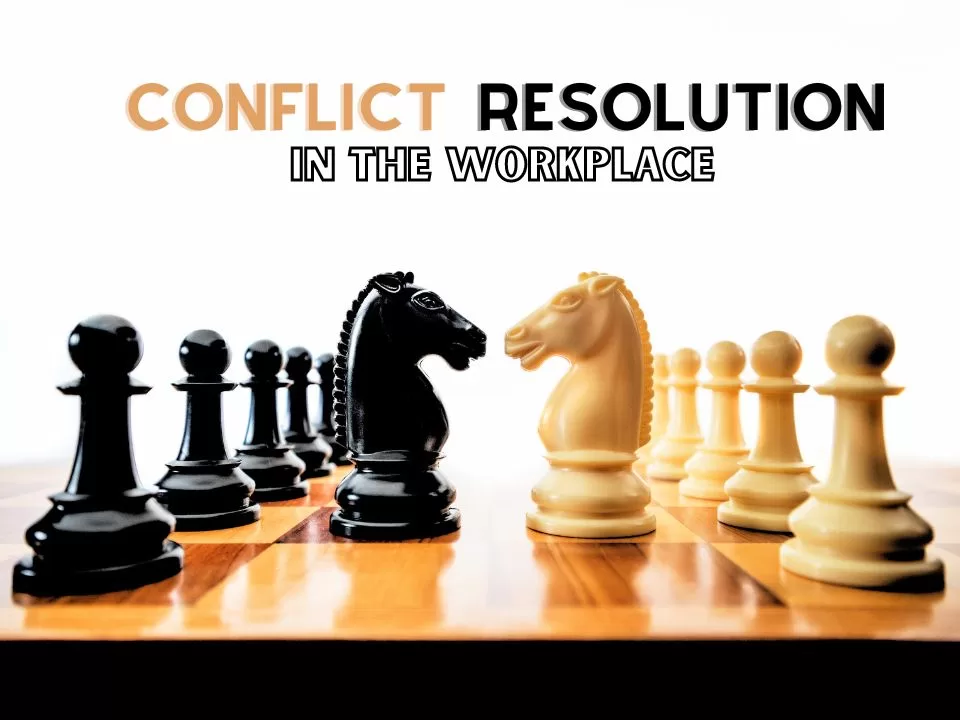
Navigating the complexities of workplace dynamics can sometimes lead to conflicts. However, the ability to resolve conflict is a crucial skill that contributes to a healthy and productive work environment.
Conflict Resolution Techniques
It is essential to understand the underlying causes of conflicts at work. By pinpointing the root cause, you can tailor your approach to address the specific nature of the conflict. Here’s how you can resolve a conflict at work:
1. Active Listening
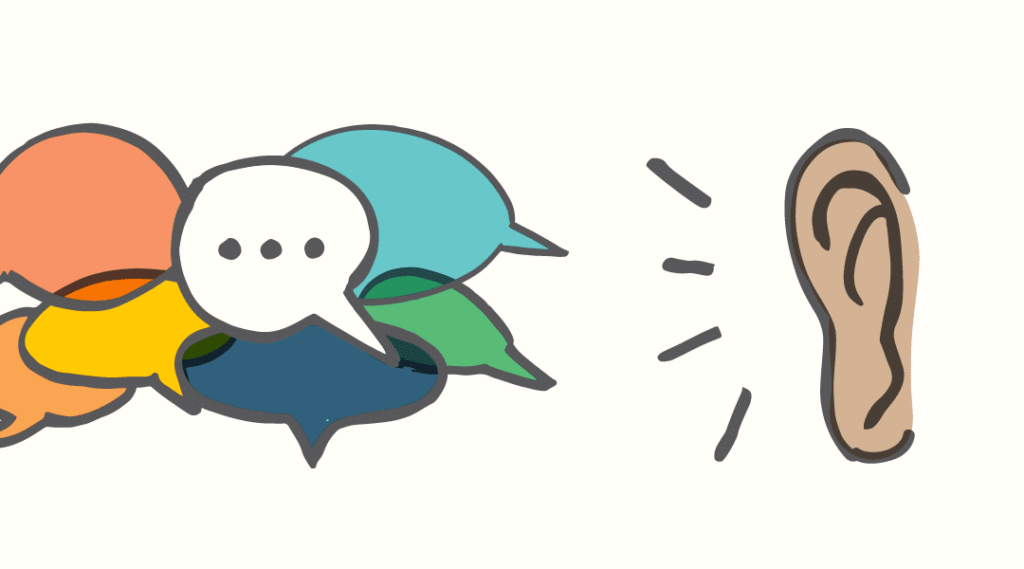
Image via Nomat
The cornerstone of conflict resolution is active listening. When engaging in a discussion, make a conscious effort to truly hear what the other person is saying. Avoid interrupting and instead focus on understanding their perspective. This not only shows respect but also lays the foundation for constructive dialogue.
2. Open Communication

Image via Risely
Try to foster an environment where open communication is encouraged. Create opportunities for your team members to express their thoughts and concerns freely. The more transparent the communication , the easier it becomes to identify potential conflicts earlier. This can help you to know what to say so that you can address them proactively.
3. Empathy In Action
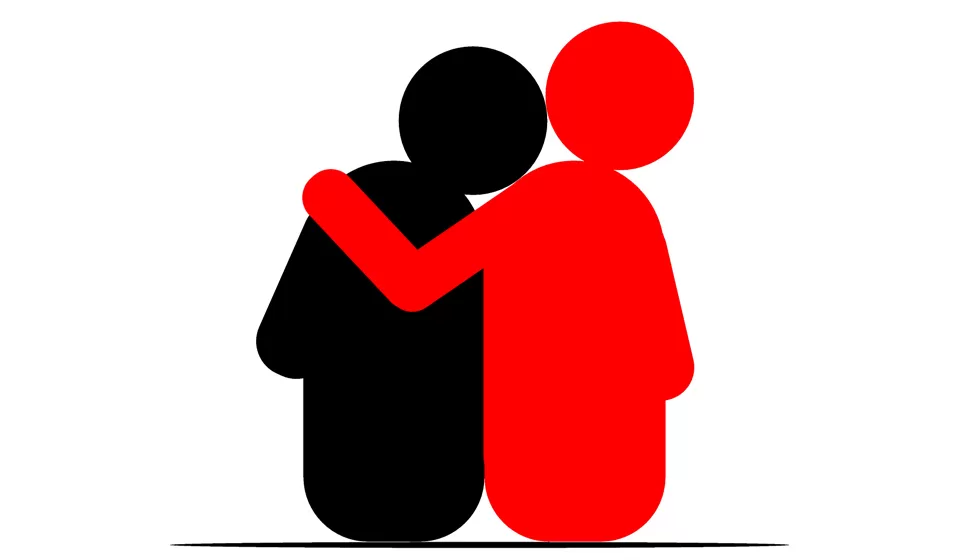
Image via Potential Plus UK
Put yourself in the shoes of your colleagues. Understanding their feelings and viewpoints shows empathetic leadership, which is a powerful tool for resolving conflicts. You have to acknowledge the emotions involved and express your understanding. This creates a connection and lays the groundwork for finding a common ground.
4. Brainstorm Solutions Together

Image via Hover Blog
You must encourage collaborative problem-solving by involving all parties in generating potential solutions. Brainstorming together fosters a sense of ownership over the resolution process and increases the likelihood of finding mutually acceptable outcomes.
5. Mediation
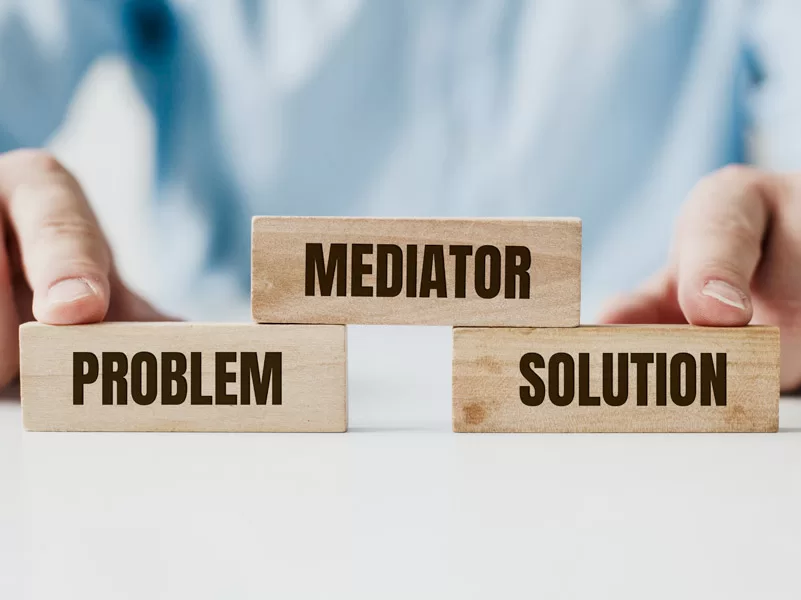
Image via Hong Kong Mediation Society
In cases where conflicts persist, you may consider involving a neutral third party or a mediator. This person can provide an unbiased perspective and facilitate discussions to resolve. Mediation is particularly helpful when parties are unable to find common ground on their own.
Remember, conflict resolution is a shared responsibility. Embrace these techniques, and you will navigate conflicts more effectively and foster stronger relationships with your colleagues. In the professional arena, your ability to resolve a conflict is a powerful asset that enhances your personal growth and the overall success of your team. You can also deal with a rageaholic colleague calmly when resolving these conflicts!




